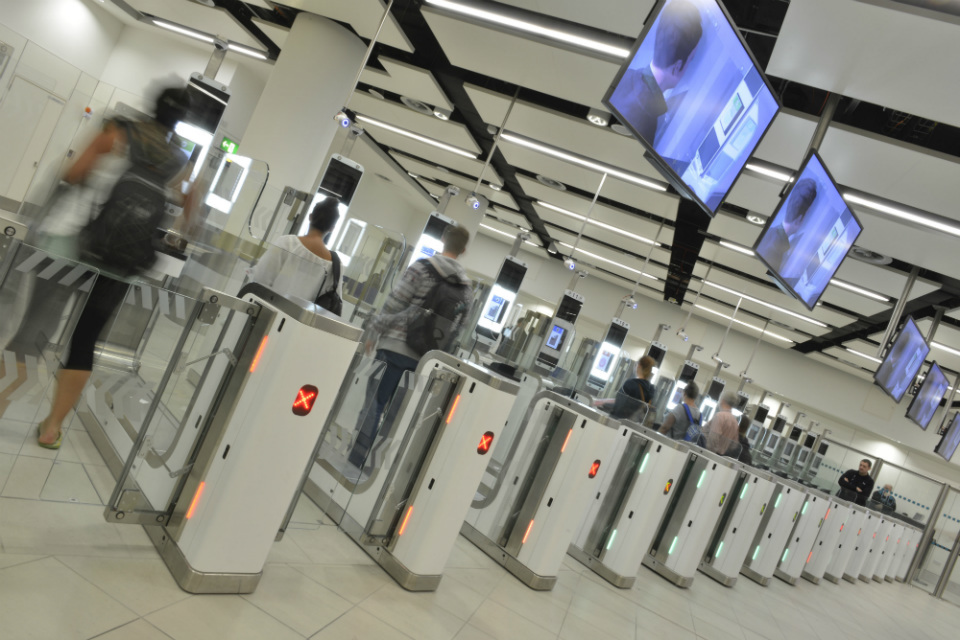Funding initiative reveals recipients of government backing for automated vehicles, including soon-to-launch passenger service in Edinburgh
Credit: Stagecoach
The government has announced the investment of more than £5m of public money to support the launch of what it claims will be the world’s first-ever self-driving bus – which is due to open its doors to passengers in Edinburgh in the coming weeks.
The backing comes as part a wider package of £81m – comprised of matched funding from government and industry partners – to support various projects related to the development of autonomous vehicles.
The headline initiative will see citizens of the Scottish capital offered the chance to make journeys on a driverless bus that, starting in the spring, will operate on a 14-mile route beginning in west Edinburgh, before crossing the Forth road bridge and continuing into Fife. The project is approaching the end of a pilot phase and will now be supported by £10.4m of backing to “test and refine the commercial service model, from the current ‘captained’ service, with a staff member onboard, to future deployments with smaller vehicles which could operate with no staff on board”.
According to the project’s website, the vehicles (as pictured above) will have space for 42 passengers which – on the basis of running services at 20-minute intervals – could equate to 10,000 individual journeys each week.
The funding announced today will be comprised of £5.2m awarded via the government’s Centre for Connected and Autonomous Vehicles, and the same amount from industry partners, which include bus manufacturer Alexander Dennis, and Stagecoach – which will operate the buses. Edinburgh Napier University and the University of the West of England are also supporting the project.
Related content
- Highway Code adds rules for self-driving cars
- Government to trial self-driving buses
- Government hopes to see self-driving cars on UK roads by 2025
Transport secretary Mark Harper said: “Self-driving vehicles including buses will positively transform people’s everyday lives – making it easier to get around, access vital services and improve regional connectivity. We’re supporting and investing in the safe rollout of this incredible technology to help maximise its full potential, while also creating skilled jobs and boosting growth in this important sector.”
The single biggest funding package announced today – totalling £17.4m – has been invested in a project that pilot the use of “on-demand, self-driving taxis” for journeys around two campuses in Cambridge containing hospitals, university buildings, and research facilities.
An initiative to support the use of self-driving vehicles in “various parts of the West Midlands, underpinned by a centralised, remote monitoring teleoperation centre” will receive cumulative backing of £16.8m.
Supermarket chain Asda and Fusion processing – a firm specialised in automated vehicle systems – are among the partners for a project to develop a new automated heavy goods vehicle. Government and industry have jointly provided £13.2m to support this work. A sum of £8m has been awarded to another HGV-related initiative, in which existing vehicles will be fitted with automation software.
Projects to develop automated vehicles to run shuttle or mobility services in Belfast and Sunderland will also receive respective backing of £11m and £6m.
A total of £586,000 – provided solely by government – has been awarded for the delivery of four feasibility studies examining the potential use of automated mass transit systems in: Hertfordshire and Essex; Cambridge; Birmingham and Solihull; and Milton Keynes.
Established in 2015, the Centre for Connected and Autonomous Vehicles sits is a specialist unit dedicated to developing policy and directing funding. It sits jointly within the Department for Business, Energy and Industrial Strategy, and the Department for Transport.




